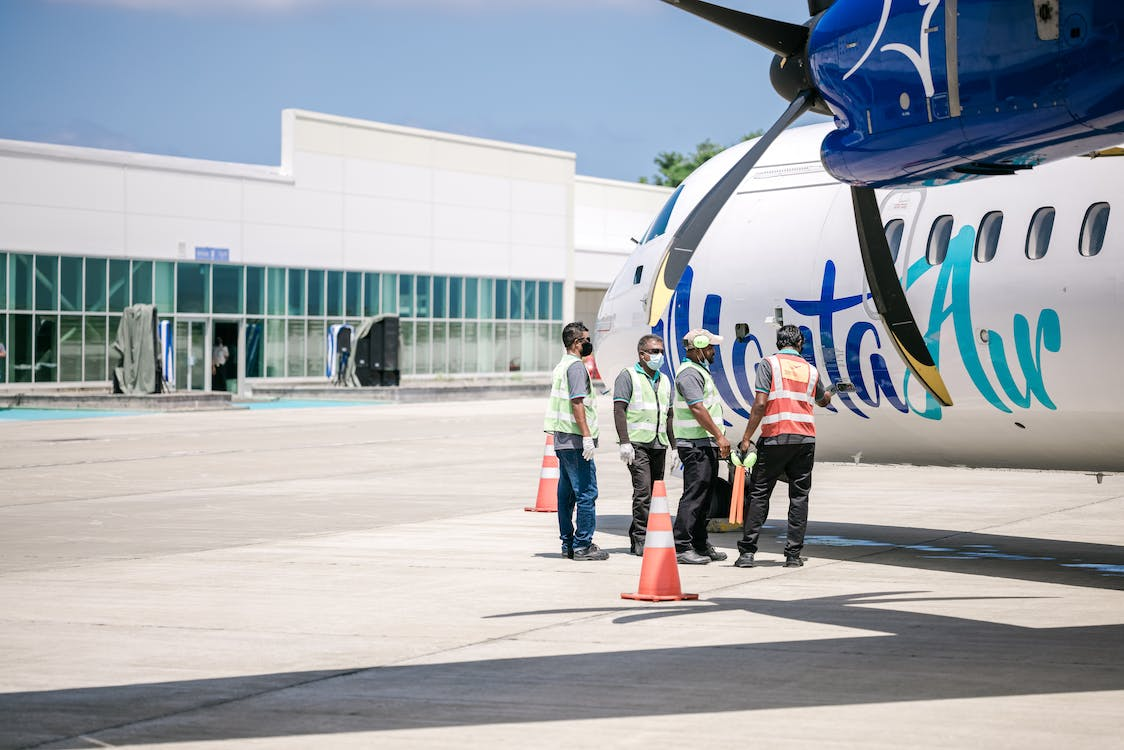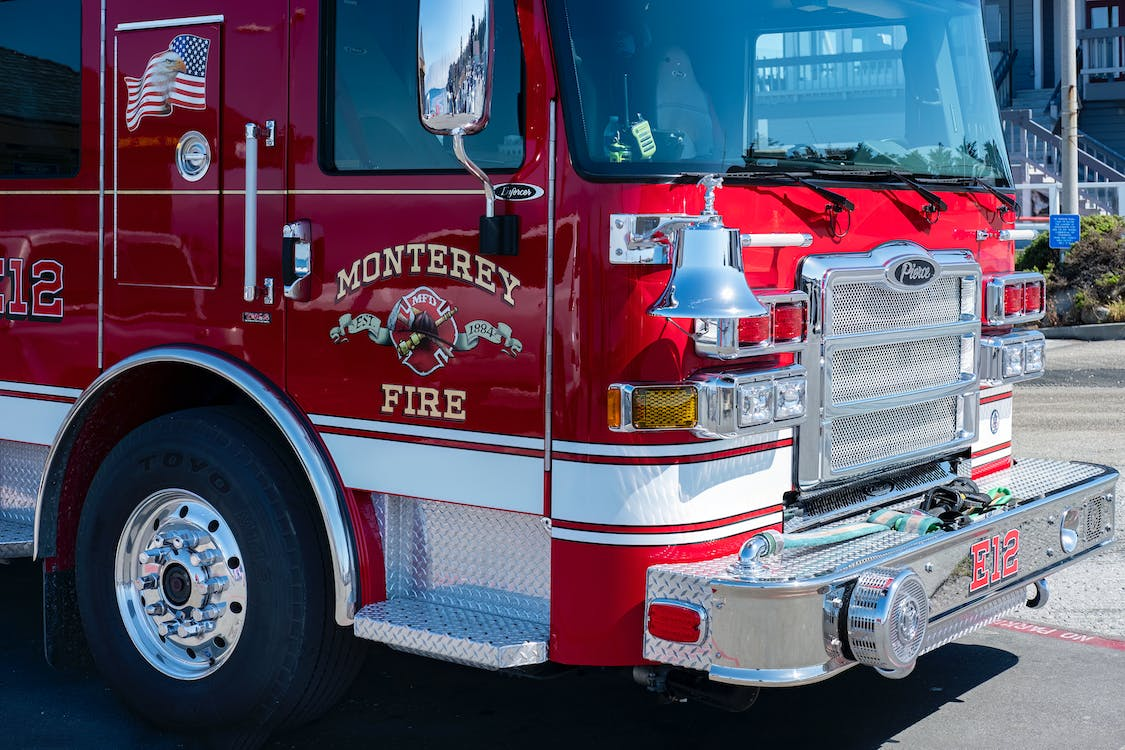In high-risk industries, safety isn’t merely a concern—it’s an imperative as workers in this sector face numerous life-threatening challenges on the daily. That’s where our workplace safety courses step in as a beacon of protection.
In this insightful blog, we’ll explore why enrolling in safety courses is paramount in Vancouver and Surrey’s high-risk industries.
1. Aviation
The aviation industry is known for its rigorous safety standards and stringent regulations. However, the complexities of aviation operations, from aircraft maintenance to air traffic control, demand specialized safety training.
Workplace safety courses in aviation delve deep into the intricacies of aircraft maintenance safety, emergency procedures, and air traffic control safety. These courses equip aviation personnel with the knowledge and skills necessary to navigate the unique challenges of this industry.
2. Chemical Manufacturing
Chemical manufacturing involves the production of a wide range of substances, some of which can be highly volatile and hazardous. Workplace safety courses in this industry are designed to tackle the specific challenges chemical manufacturers face.
These safety courses cover topics such as chemical hazard recognition, proper storage, handling, and emergency response. By training employees in chemical manufacturing facilities, companies can significantly reduce the risks associated with chemical spills, fires, and worker exposure to dangerous substances.
3. Construction
The construction industry encompasses a diverse range of roles, including mill workers, shipbuilders, roofers, and more. Each of these roles comes with its own set of risks and hazards. Workplace safety courses for construction workers are comprehensive, addressing issues such as fall protection, hazard recognition, and the proper use of personal protective equipment (PPE).
Safety courses for construction workers goes beyond standard guidelines, ensuring that employees are well-prepared to coordinate safety measures among multiple teams, maintain proper signage, and minimize the risk of accidents in these challenging work environments.
4. Power Plants
Power plants, regardless of their energy source, are critical for providing electricity to communities and industries. They also carry inherent risks due to the complexity of energy generation and distribution.
Workplace safety courses for power plant workers encompass a wide range of topics, including radiation safety, electrical safety, and emergency shutdown procedures. These courses are essential for ensuring the well-being of employees and the uninterrupted supply of power.
5. Emergency Response/Service Providers
Emergency service workers, including paramedics and firefighters, operate in some of the most high-stress, high-risk environments. They are often the first responders in life-threatening situations. Therefore, workplace safety courses for these professionals are both comprehensive and intensive.
They cover topics such as tactical emergency medical support, fire suppression techniques, and handling hazardous materials. The dynamic nature of emergencies demands that these responders are highly trained to adapt to rapidly changing situations.
Connect with our team at Metro Safety Training to learn about our workplace safety courses; confined space safety, fall protection, forklift operator, and a handful of others. You can also enrol in our emergency first aid trainings to add essential life-saving skills to your employees’ repertoire.








